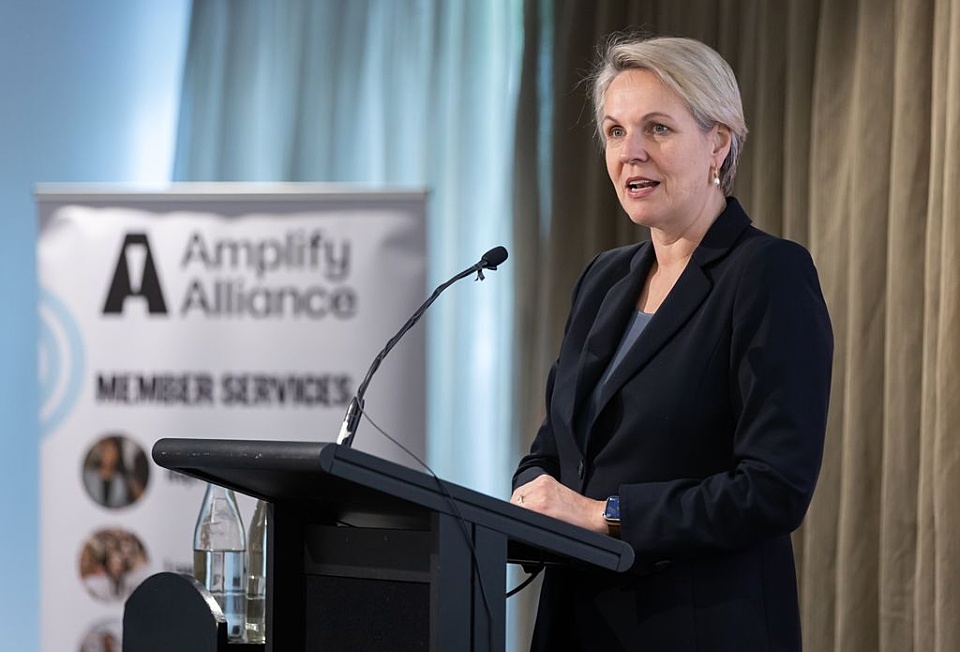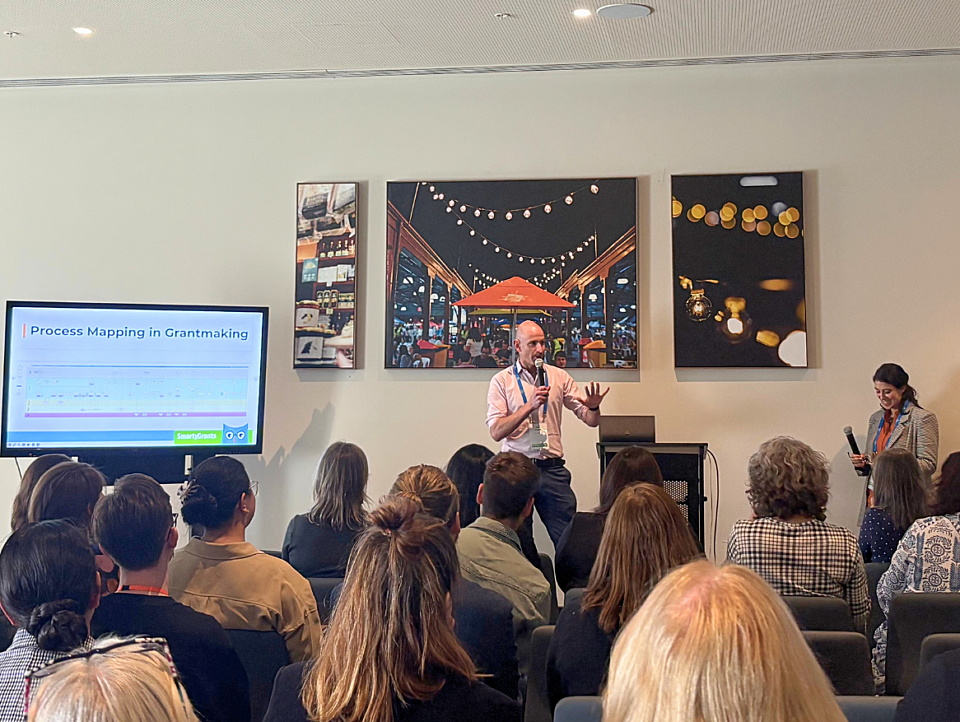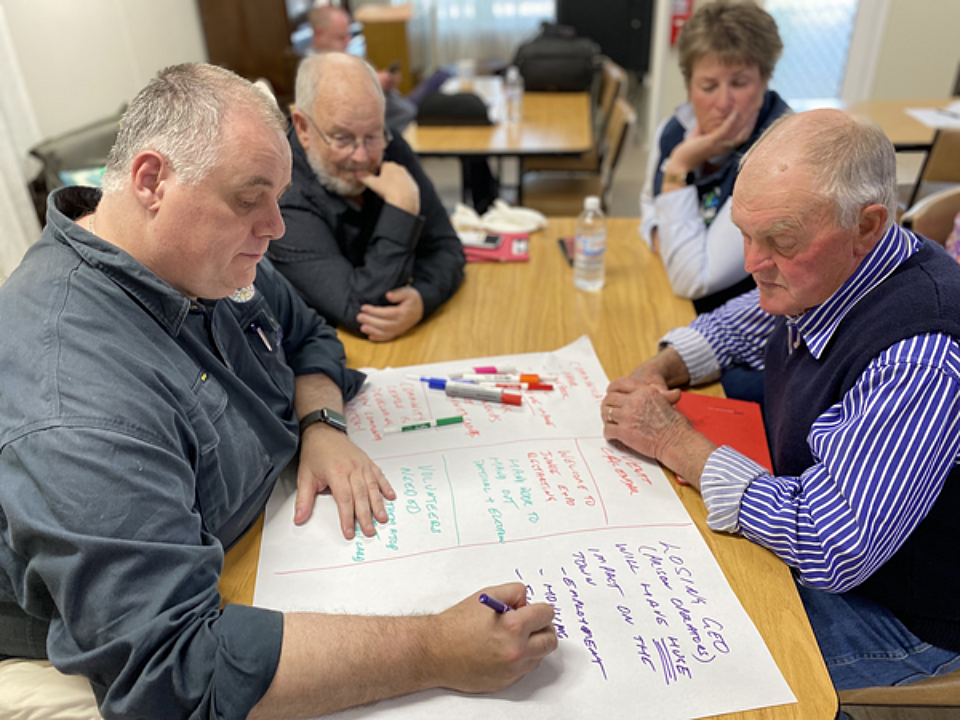
Feds flag human services grants shakeup
Posted on 15 Dec 2025
The federal government is trialling longer-term contracts for not-for-profits that deliver…
Posted on 17 Sep 2024
By Greg Thom, journalist, Institute of Community Directors Australia

Funding for local not-for-profit (NFP) and community groups that support areas affected by drought is vital for helping their communities’ longer-term recovery, according to a new report.
The review by the Foundation for Rural & Regional Renewal (FRRR) of its Tackling Tough Times Together (TTTT) drought support program revealed there were clear benefits to be had by funding initiatives during drought and beyond.
More than 681 government and philanthropic grants totalling $18.6 million were awarded under the TTTT program between 2014 and 2022.

Most of the funding (84%) went to outer regional or remote community groups, which often struggle to access cash.
The report estimated that at least half a million people benefited from the TTTT initiative, which helped to mitigate the extreme impacts of drought on local people and communities.
The mitigation occurred either through direct investment in “human and social capital,” or indirectly through built infrastructure investment.
FRRR CEO Natalie Egleton said the TTTT grants program was unique in the funding landscape across remote, rural and regional Australia.
“This program is unmatched in terms of supporting regional communities throughout the drought, and to a depth and ease of accessibility when other funding was not readily available,” she said.
“While there were guidelines of course, the program was flexible and allowed community groups to respond to and prioritise what was important in their town.”
Ms Egleton said the review highlighted the importance of having a longer than usual timeframe for groups to deliver their projects, and of ensuring that funding continued to be available for more than just two or three years.
“This allowed some places to co-design projects that have had a lasting legacy. Continued support after drought-breaking rain was also critical,” said Ms Egleton.

“Social cohesion is literally the glue that binds these communities. It's just so important for people to remain socially connected, engaged, and feeling like they're really supported, but when adversity strikes, it can easily be reprioritised, especially if it's costly or doesn't respond to the local context."
The report’s publication coincides with the launch of a new FRRR podcast series featuring local community group leaders who share stories of how their communities responded to drought.

The Tackling Tough Times Together podcast looks back on 10 grants funded through the TTTT program.
Each episode features a key player who reflects on the challenges they faced, the lessons they learned and the positive difference the project made to their community.
The projects discussed range from refurbishing community halls and setting up retail spaces for local artisans to generate off-farm income to providing musical experiences that built confidence and skills in young people.
Nina O’Brien, FRRR’s disaster resilience and recovery lead, said the podcast highlights the importance of building and maintaining social connection in times of drought.
“These conversations showcase the strength and tenacity of rural communities and highlight once again why investing in social capital is a vital puzzle piece for mitigating the impacts of drought,” said Ms O’Brien.
“Social cohesion is literally the glue that binds these communities. It's just so important for people to remain socially connected, engaged, and feeling like they're really supported, but when adversity strikes, it can easily be reprioritised, especially if it's costly or doesn't respond to the local context.
“By capturing these stories, we hope to inspire other communities and to celebrate the work of these groups.”

Posted on 15 Dec 2025
The federal government is trialling longer-term contracts for not-for-profits that deliver…

Posted on 15 Dec 2025
A Queensland audit has made a string of critical findings about the handling of grants in a $330…

Posted on 15 Dec 2025
The federal government’s recent reforms to the Commonwealth procurement rules (CPRs) mark a pivotal…

Posted on 15 Dec 2025
With billions of dollars at stake – including vast sums being allocated by governments –grantmakers…

Posted on 15 Dec 2025
Nearly 100 grantmakers converged on Melbourne recently to address the big issues facing the…

Posted on 10 Dec 2025
Just one-in-four not-for-profits feels financially sustainable, according to a new survey by the…

Posted on 10 Dec 2025
The Foundation for Rural & Regional Renewal (FRRR) has released a new free data tool to offer…

Posted on 10 Dec 2025
A major new report says a cohesive, national, all-governments strategy is required to ensure better…

Posted on 08 Dec 2025
A pioneering welfare effort that helps solo mums into self-employment, a First Nations-led impact…

Posted on 24 Nov 2025
The deployment of third-party grant assessors can reduce the risks to funders of corruption,…

Posted on 21 Oct 2025
An artificial intelligence tool to help not-for-profits and charities craft stronger grant…

Posted on 21 Oct 2025
Artificial intelligence (AI) is becoming an essential tool for not-for-profits seeking to win…